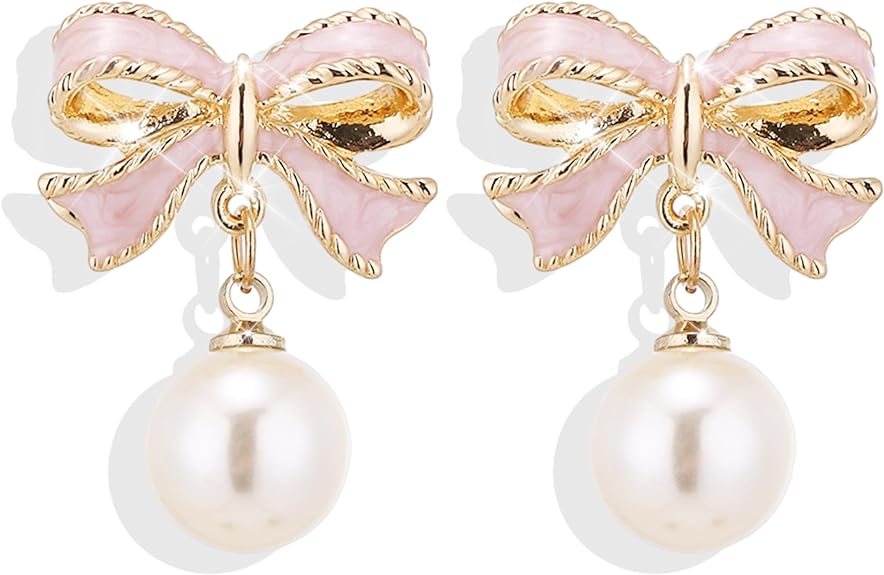When we hear the word respect, we usually think about how we treat others like speaking kindly, honoring boundaries, showing gratitude. But the same way we give respect to other people, we need to give it to ourselves. That’s where self-respect comes in.
By definition, respect is a feeling of deep admiration for someone, elicited by their abilities, qualities, or achievements, as well as having due regard for their feelings, wishes, or rights. So when you flip that inward, self-respect becomes about two things:
- Admiring yourself deeply because of your abilities, your qualities, your achievements.
- Having due regard for your own feelings, wishes, and rights.
Sounds good, right? But in your 20s, this can feel messy. We’re figuring out careers, relationships, and who we even are. Some days we’re proud of ourselves, other days we’re beating ourselves up for not doing enough. That’s why I think practicing self-respect is less about “arriving” somewhere and more about learning daily habits that help us admire ourselves and honor our own needs. Let’s break it down together.
1. Admire yourself deeply: Create your own internalized beauty standard
If you have an external locus of control then society will have the power to tell you what’s beautiful. Instagram, TikTok, billboards, even relatives with their “you’ve gained weight” comments and it never ends. If we only measure ourselves by outside standards, we’ll always feel like we’re failing because every genre has its own version of pretty. Hollywood pretty is different from Instragram standard of pretty and so on.
That’s why one of the most radical acts of self-respect is to create your own internalized beauty standard. Instead of chasing someone else’s ideal, you decide what beautiful looks like for you.
For example, maybe you’ve always wished your hair was straighter, curlier, thicker, or longer. But what if the shift was this: instead of wishing for different hair type, you decide your hair as it is is the baseline of beauty for you. That doesn’t mean you never style it or experiment it means you stop measuring yourself against someone else’s blueprint.
The freckles you used to cover up, the nose you thought was “too big,” the skin tone you wished was lighter or darker… those can become your ideal, not flaws to fix. When your standard is built around your own features, you’ll never be “off-trend,” because you’re always aligned with yourself.
When you build your standard around your own features and style, you automatically admire yourself more because you’re living up to something real and personal and not impossible.
💡 (I’ll be writing more on this in another post: How to Create Your Own Internalized Beauty Standard.)
2. Admire yourself for your abilities
Think about how good it feels when you finally master something you’ve been practicing. Maybe it’s cooking your own favorite dish, nailing a presentation at work, or even learning how to budget properly. That spark of pride? That’s self-respect in action.
In our 20s, we often focus so much on what we don’t know yet like what skills we lack, how unprepared we feel for “adulting.” But instead of beating ourselves up, we can choose to work on our abilities, little by little. Pick a hobby or skill that matters to you and commit to practicing it.
For me, I noticed I felt more confident when I started working on my writing. Even though I’m still growing, every time I finish a blog post, I admire myself a little more for putting words together. For someone else, it might be learning guitar, running consistently, or even being good at cooking eggs. It doesn’t have to be flashy but the point is, when you strengthen your abilities, you build admiration for yourself that no one else can take away.
3. Admire yourself for your qualities
Sometimes we forget that respect isn’t only about what we do it’s also about who we are.
Qualities like kindness, curiosity, resilience, or humor are just as worthy of admiration as any ability. But here’s the problem: because qualities don’t come with certificates or applause, we often overlook them.
This is where journaling or simple reflection helps. Write down your strongest qualities and moments where you showed them. For example, maybe you stayed calm when your younger sibling was upset, or you pushed through a tough semester without giving up. That patience? That perseverance? Those are qualities worth respecting.
Personally, I’ve realized I admire myself for being consistent with friends I show up when I say I will. It sounds small, but it’s a quality I deeply value. When you take time to notice your own qualities, you stop waiting for other people to “see” you, because you already see yourself.
4. Admire yourself for your achievements
Achievements don’t always have to be huge. We love to celebrate degrees, promotions, or dream milestones but everyday achievements matter just as much. Did you show up to work every day this week? Did you finally clean your room after procrastinating for days? Did you finish that book you’ve been dragging through? All of those count.
Achievements are proof that you can set a goal and follow through, and that builds admiration for yourself.
But here’s the tricky part: if we only rely on external validation (like grades, likes, or compliments), our self-respect will always feel shaky. That’s why it’s important to build internal validation systems. This means learning to celebrate your achievements privately, without needing everyone else to clap for you.
I’ll be writing more on this in a post called “How to Build Validation for Yourself,” but for now, think about this: what if you could feel proud of something just because you decided it mattered? That’s self-respect.
5. Have due regard for your own feelings, wishes, and rights
This part of the definition of respect often gets ignored, but it’s probably the most important. To respect yourself, you have to act like your feelings, wishes, and rights actually matter.
That looks like:
- Holding space for yourself. Sometimes it’s about giving yourself permission to rest, always take a shower everyday, and dress up just for yourself. Self-care isn’t selfish, it’s proof that you value your own well-being.
- Being stern with yourself. Self-respect isn’t all soft baths and affirmations. Sometimes it’s doing the hard thing when you don’t feel like it……like studying, exercising, saving money instead of splurging. I like to think of this as “tough love.” Part of self respect is locking in on a goal, no matter how unmotivated you feel.
- Avoiding what drains you. I’ll be honest: I recently uninstalled TikTok and Instagram because every time I scrolled, I felt so drained and wasted. Respecting myself meant choosing not to keep doing something that consistently left me feeling low.
- Practicing an internal locus of control. Instead of blaming the world for everything, take responsibility for your choices. When you focus on what you can do, you start to feel in control of your life, and that builds deep respect for yourself.
At the end of the day, having due regard for yourself is about treating yourself like someone worthy of dignity and consistency. If you wouldn’t disrespect your best friend, why would you disrespect yourself?
Conclusion
Practicing self-respect in your 20s isn’t about getting it “perfect.” It’s about slowly building habits of admiration and care for yourself. Admire your beauty on your own terms. Strengthen your abilities. Recognize your qualities. Celebrate your achievements. And always, always treat your own feelings and rights like they matter.
We’re still learning, and that’s okay. Self-respect is a practice a daily decision to put yourself on your own pedestal. And honestly? That’s the foundation for everything else.


